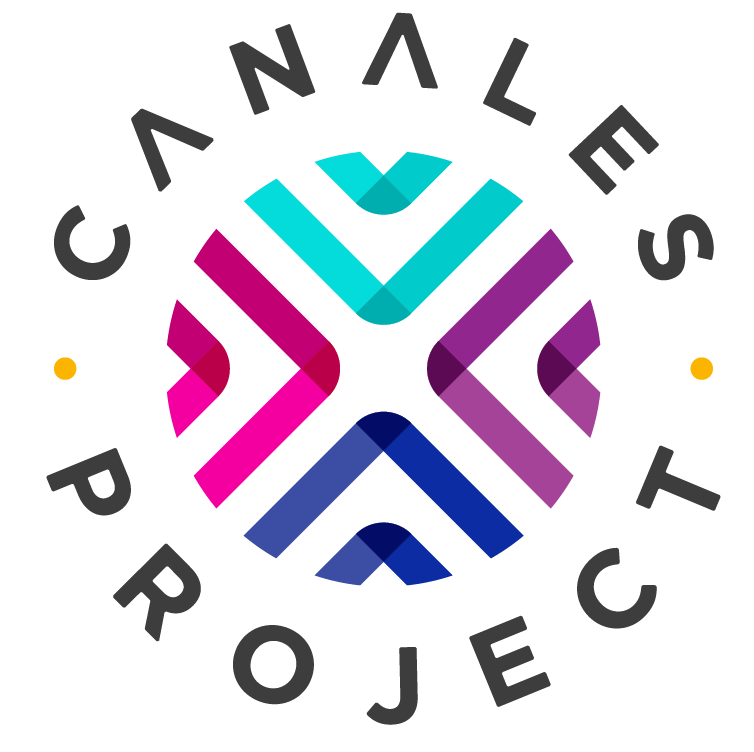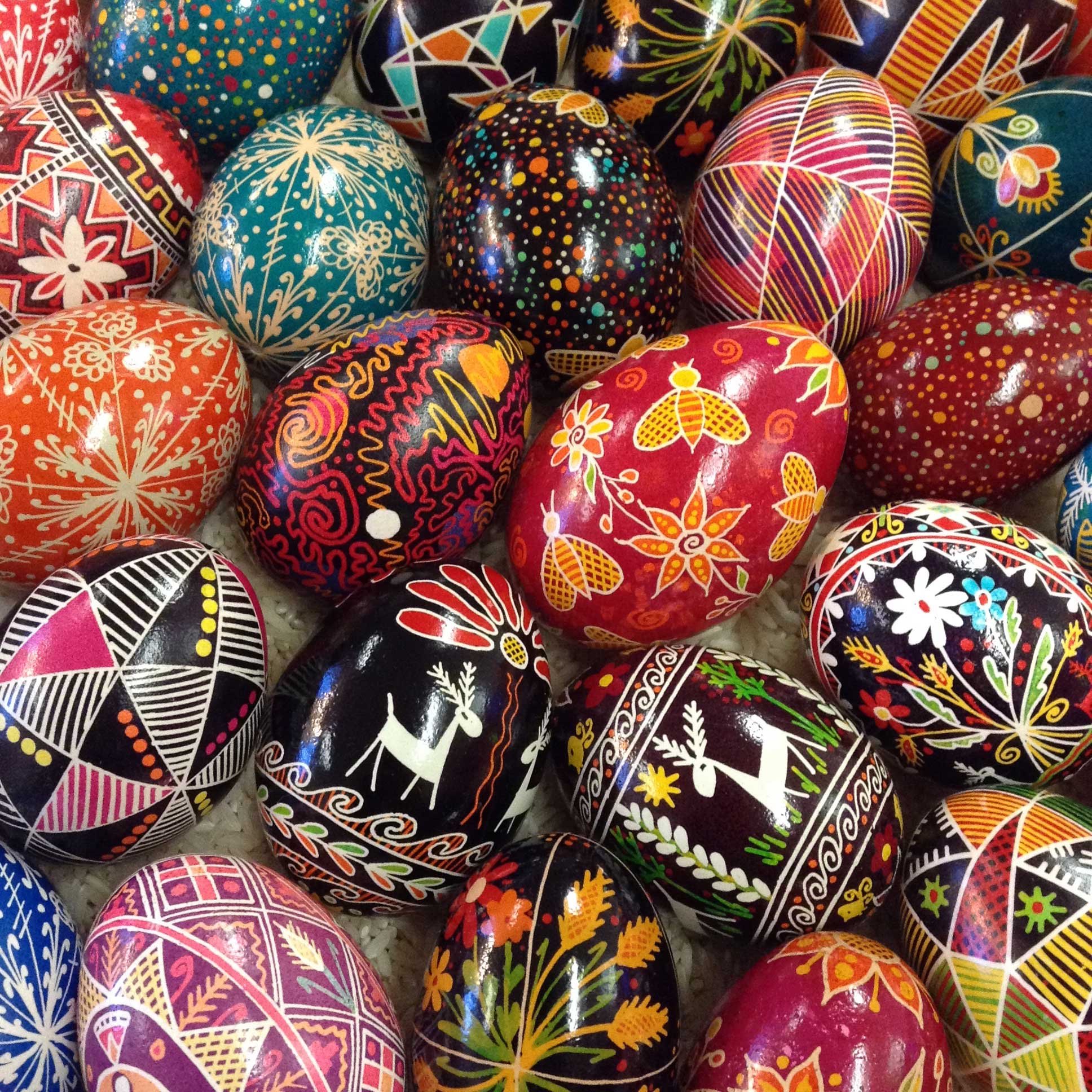April Newsletter
Dear friends,
We hope that the coming of the new season has been treating you well. As always, we are excited to share the latest developments of all TCP initiatives and upcoming events.
The Future of Cultural Diplomacy
Pedro Reyes Feature: Using Culture to Create Change in Communities
This month, we had the honor of hosting two artist-activists speaking on the use and function of art to instigate social change. Our first guest featured Mexican artist Pedro Reyes, who has won international attention for large-scale projects that address current social and political issues. An example of some of his most famous works includes Palas por Pistolas, a socio-political critique of contemporary gun culture by working with local authorities in Culiacán, Mexico, to melt down guns into shovels, intended to plant trees in cities elsewhere in the world. Reyes shared his insight on art’s function as a social catalyst, inviting audiences to ask “how can we create visual elements that produce/give to the media a new image of something that could produce a visual vocabulary”? Were the public and world leaders to be exposed to such “visual vocabulary”, Reyes concludes, long-term social issues can become revived into public awareness, reminding all the consequences of inaction. As an example, he spoke about his piece, Amnesia Atómica, a large-scale inflatable sculpture in the image of an atomic mushroom cloud. Commissioned by the Bulletin of the Atomic Scientists, the sculpture reintroduces the seemingly forgotten anti-nuclear community that was once vibrant in the 1940s and 1950s.
Marina De Bris Feature: Using Culture to Address Climate Change
In a very similar vein (and very appropriately on Earth Day!), our second artist featured artist-activist Marina De Bris. Based in Sydney, Australia, Marina collects and reclaims ocean pollution into art, often into wearable fashion pieces, or “trashion”. Marina’s intersection of art and environmentalism has trailblazed a new way to provoke her audience into remembering the consequences of our habits contributing to climate change. Yet, Marina warns us that despite her artistic process of reusing garbage, the point isn’t for her works to “look good”, but rather to shift one’s attitude and usage habits.
Digital Tech, Culture and War in Ukraine - Oxford Digital Diplomacy Group/Comms at BGU
This month, TCP Founder and Executive Director Carla Canales was featured in an academic panel at Oxford University, ‘Digital Tech, Culture and War in Ukraine’. This panel discussed the cultural aspect of the War in Ukraine gathering scholars from different fields such as arts, culture & memory.
As the War in Ukraine continues to wreak havoc, this special panel discussed the cultural and social ramifications of the war. This panel brought together experts from diverse fields such as arts and culture, memory and digitalization as well as diplomats from multilateral forums. The panel examined how memory is formed, shaped and contested in the digital age. The panel also examined how cultural narratives shape diplomatic efforts in multilateral forums. Panelists also discussed the digitalization of memory, Ukraine's attempt to build the world's first NFT museum and the role that culture plays in the soft power of authoritarian states. Panelists include scholars from Oxford University, Harvard University, King's College London, the University of London and Ben Gurion University of the Negev.
The panel discussed the importance of preserving culture in the midst of crisis- pictured above are Pysanky, traditional Ukrainian Easter Eggs, which was still celebrated this month in a war torn Ukraine.
Thank you as always for your support, and please feel free to reach out at anytime for any inquiries.
Warmest regards,
The Canales Project




